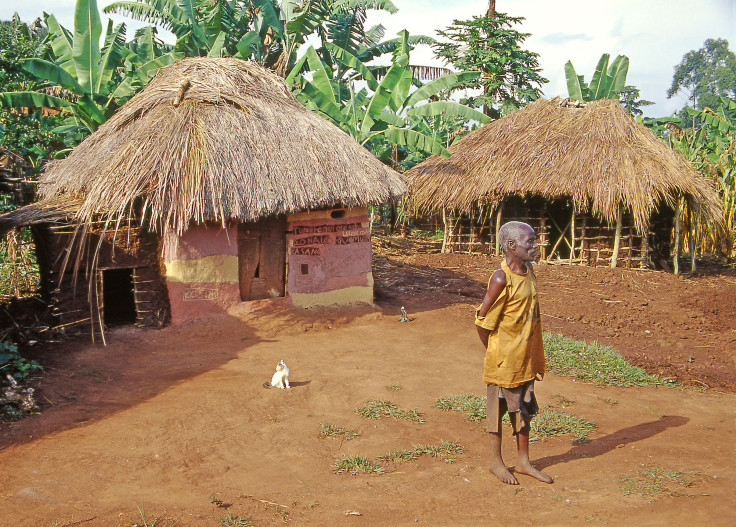More Ebola Cases Confirmed In West Africa; WHO Says Outbreak Is ‘Serious’

The World Health Organization (WHO) announced today that the Ebola situation in West Africa is “serious,” and the number of cases continues to rise.
There have been two new Ebola cases since April 26, including one death, in Conakry, Guinea. Health officials say that it’s spreading rapidly due to a general misunderstanding about how the virus is transmitted from person to person, which essentially involves close contact with infected patients.
“The situation is serious, you can’t say it is under control as cases are continuing and it is spreading geographically,” Dr. Pierre Formenty, a WHO expert who just returned from Guinea, said at a news conference. “There was no decline. In fact it is because we are not able to capture all the outbreak that we were under the impression there was a decline.”
Pierre Fromenti, a scientist at the WHO’s Control of Epidemic Diseases, reported that a family in a remote village in Sierra Leone (which is bordered to the northeast by Guinea) had taken a relative who was infected with Ebola home from a health facility despite protests from the medical staff. “Of course, by doing that, they expose themselves, they expose the village,” Fromenti told Voice of America. “They have been, since this happened on Monday evening late, by being that, of course, they expose themselves again by being very close to patients suspected to be Ebola. Some of them are confirmed already …And, we heard that one of them died already in the village.”
Though Central Africa has experienced several Ebola outbreaks since 1976, this is the first to hit West Africa. The virus was first discovered in Guinea in February, and thus far there have been some 281 cases with 186 deaths.
The Ebola virus disease (EVD), also known as Ebola haemorrhagic fever, is a harsh illness that often leads to death; the WHO notes that the virus is most often found in remote parts of Central and West Africa, especially near tropical rainforests. The virus is often spread to humans from wild animals, in particular fruit bats, which are considered to be the original host of the virus. Its symptoms are defined by fever, headache, sore throat, weakness, and ultimately external and internal bleeding. Ebola first appeared in 1976 in Nzara, Sudan, and Yambuku in the Democratic Republic of Congo.
As is often the case with outbreaks in remote areas, victims and their families are often unaware of the dangers of close contact, and rely on traditional medicine, even though modern medicine doesn’t even have a vaccine, cure, or proper treatment for the severe illness. “The problem is that there are families that refuse to give information to health workers,” Aboubacar Sidiki Diakité, who heads the Guinean government’s efforts to stop the outbreak, told Reuters. “They hid their sick to try to treat them through traditional methods.”
For the latest updates on the Ebola outbreak, check the Centers for Disease Control and Prevention (CDC) website.
Published by Medicaldaily.com



























